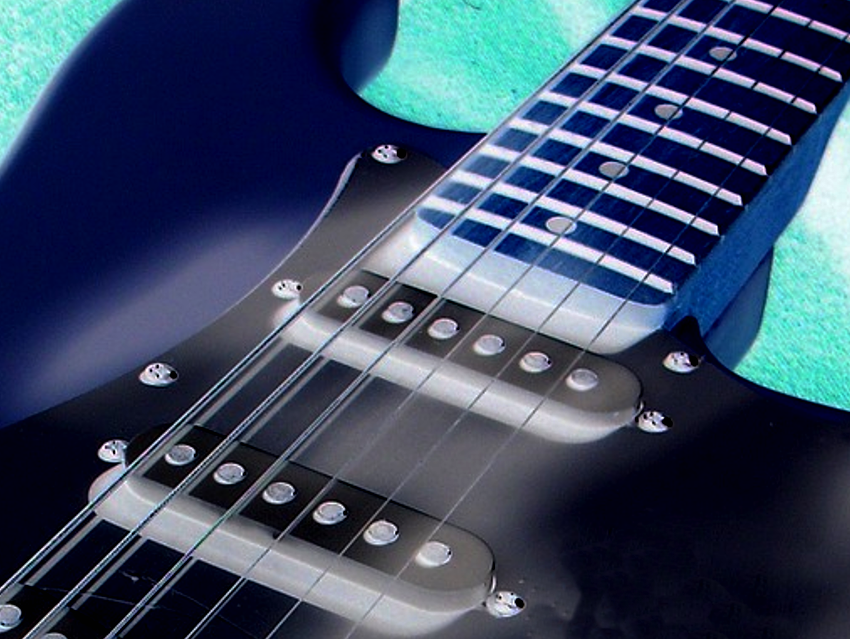Inspired by the Woodstock anniversary, we look at the chemistry of guitar strings: Biopolymers made from dried twisted intestines of animals such as sheep or goat were used as guitar strings until the late 19th century. They are called catgut, although cat intestines were not used. They are difficult to make, sensitive to humidity, and easily got out of tune. After the 1930s, strings were made of synthetic polymers, such as nylon. This made them more apt to stay in tune and less moisture sensitive. Nylon strings are still in use today, especially for classical guitars.
Metallic strings produce a clear and intense sound which is – together with their playing characteristics – preferred by many. Unfortunately, metals are sensitive to corrosion which affects the quality of the sound. To prevent corrosion, metallic cords were coated with a polymer. Such polymer additives can affect the tone by reducing the brightness.
The perceived brightness of a string depends on its ability to excite the resonance vibrations of the guitar. Anything that disturbs these vibrations affects the sound quality. This can, e.g, be corrosion, coatings, or dirt. The material, as well as the shape and thickness of the string, affect the sound. Thicker strings sound fuller and louder but they are harder to play.
Another possibility to prevent corrosion is to use metal alloys. Copper or nickel alloy wires are wound like springs around a steel core. The wrapping controls the mass and thus the resultant tension of the string. Also, bronze, gold, silver, brass, chrome, or titanium alloys have been used. The different types of metals are responsible for the tone and the smoothness of the sound of the strings.
Besides nylon, several other synthetic fibers have come into use. Like steel core strings, many are wound with metal alloys and other synthetic fibers to control their mass and resultant tensions.
The strings of an electric guitar have to contain a magnetic metal, such as iron, cobalt, or nickel to induce a current that wound magnets (the pickups) of an electric guitar pick. Three basic types can be distinguished: stainless steel, pure nickel, and nickel-plated steel strings.
- Tony Parker, The Chemistry of Guitar Strings, 2003.
Also of Interest
- Chemical Secrets of the Violin Virtuosi,
Klaus Roth,
ChemViews Mag. 2012
https://doi.org/10.1002/chemv.201200076




